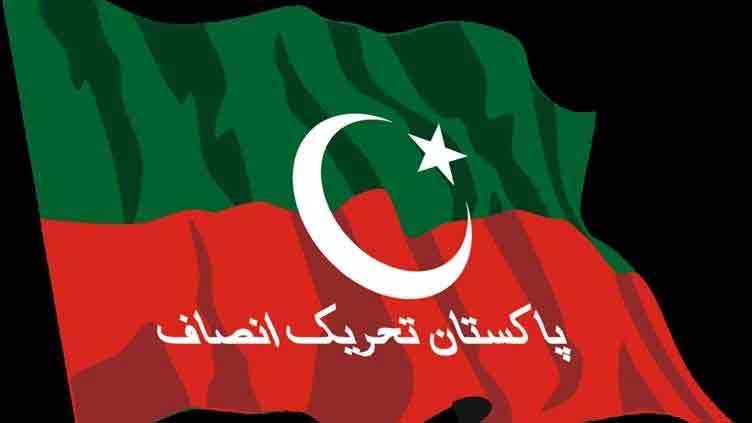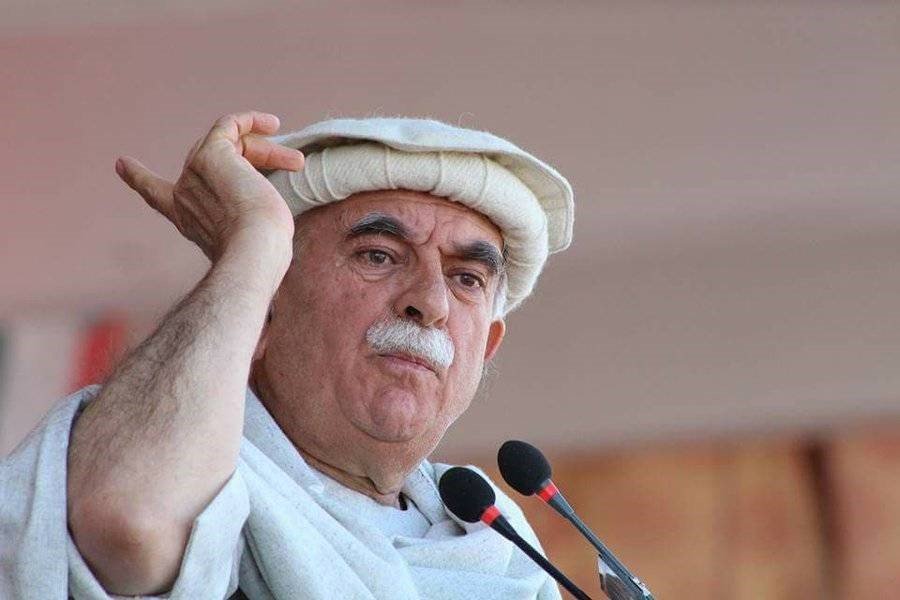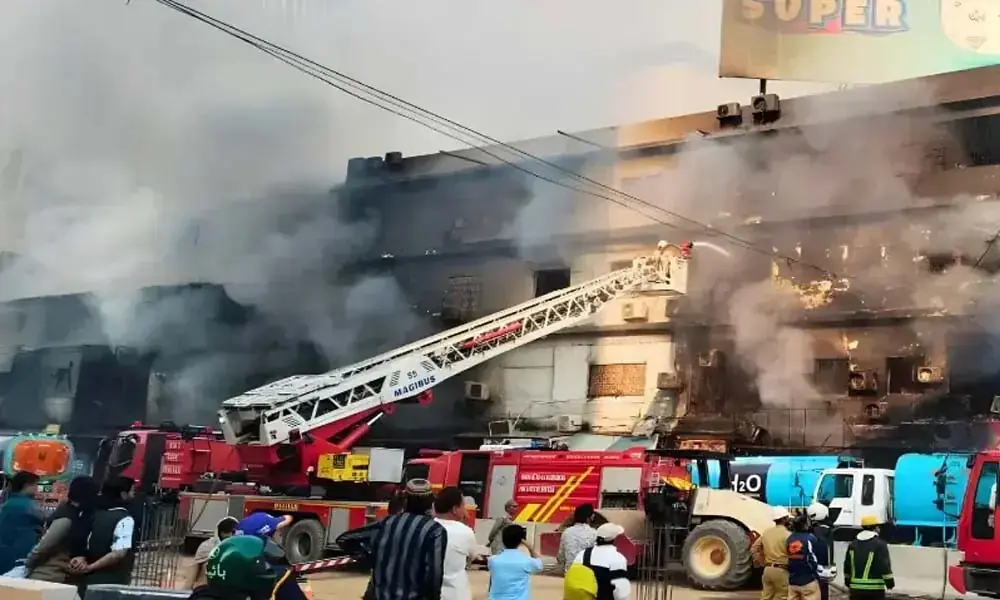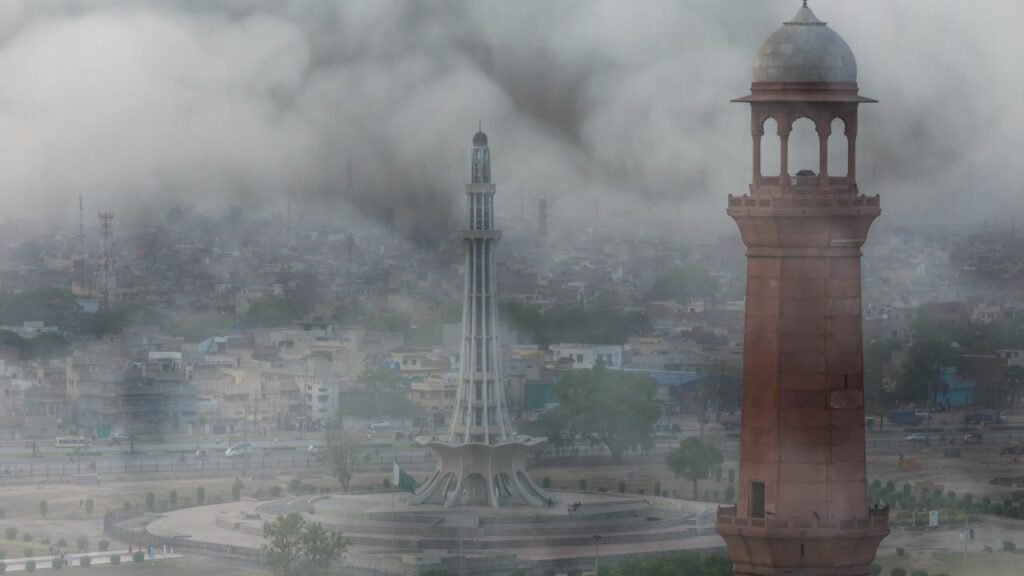Tahir Maqsood Chheena
In a recent interview, former president and senior PTI leader Dr. Arif Alvi reiterated his party’s willingness to engage in political dialogue, particularly concerning future elections. His remarks align with PTI Senator Azam Swati’s hints of behind-the-scenes communication with the establishment—contacts that Swati claims could gain momentum once Alvi returns to Pakistan. Together, these statements reveal a dual-track approach by the PTI: one aimed at reconciliation with the establishment, the other at forging alliances with opposition parties like the JUI-F.
But can this balancing act succeed, or will it backfire? Early signs suggest complications. The JUI-F, through Senator Kamran Murtaza, has already questioned PTI’s motives, demanding transparency over its engagements with the military leadership. This skepticism is justified. If the PTI genuinely seeks credible political partnerships, it must choose—will it operate within the democratic mainstream or keep hedging its bets by courting unelected power brokers?
Political analysts warn that PTI’s current approach could leave it isolated. If the establishment remains unwilling to negotiate (as it has in recent months) and opposition parties refuse collaboration due to distrust, PTI may miss its chance to build a strong, unified front against the government. History offers a cautionary tale.
Pl subscribe to the YouTube channel of republicpolicy.com for quality content:
After the 2018 elections, opposition parties—including PML-N, PPP, and JUI-F—formed the Pakistan Democratic Movement (PDM). This coalition not only weakened PTI’s government but also secured a shock victory in the 2021 Senate elections, ultimately leading to PTI’s ouster in 2022. The PDM’s success stemmed not from institutional backing but from political unity. PTI should take notes.
PTI’s December 2023 agreement to engage in talks with the government was a positive shift, suggesting a commitment to democratic norms. However, any progress risks being undone if the party reverts to backchannel politics instead of pursuing open, inclusive dialogue.
Dr. Alvi’s call for negotiations would carry more weight if framed as part of a broader push for political consensus—not as a veiled reference to rekindling ties with the establishment. True electoral transparency requires public engagement with political stakeholders, not covert dealings.
The last two general elections have been clouded by rigging allegations, and the persistence of a hybrid governance model has further eroded public trust. If this trend continues unchecked, future elections may become even more contentious, deepening Pakistan’s democratic crisis.
All political forces, including PTI, must collaborate to restore faith in the electoral process. The solution lies in unity—not temporary, opportunistic alliances, but a genuine commitment to democratic principles. PTI’s real strength will be measured by its ability to mobilize public and parliamentary support for free and fair elections, not by its success in behind-the-scenes maneuvering.
The PTI stands at a crossroads. Will it fully embrace democratic politics, building bridges with other parties to strengthen Pakistan’s electoral system? Or will it continue gambling on a flawed system that has repeatedly failed the nation?
The answer will determine not just PTI’s future, but also the health of Pakistan’s democracy. The clock is ticking.















